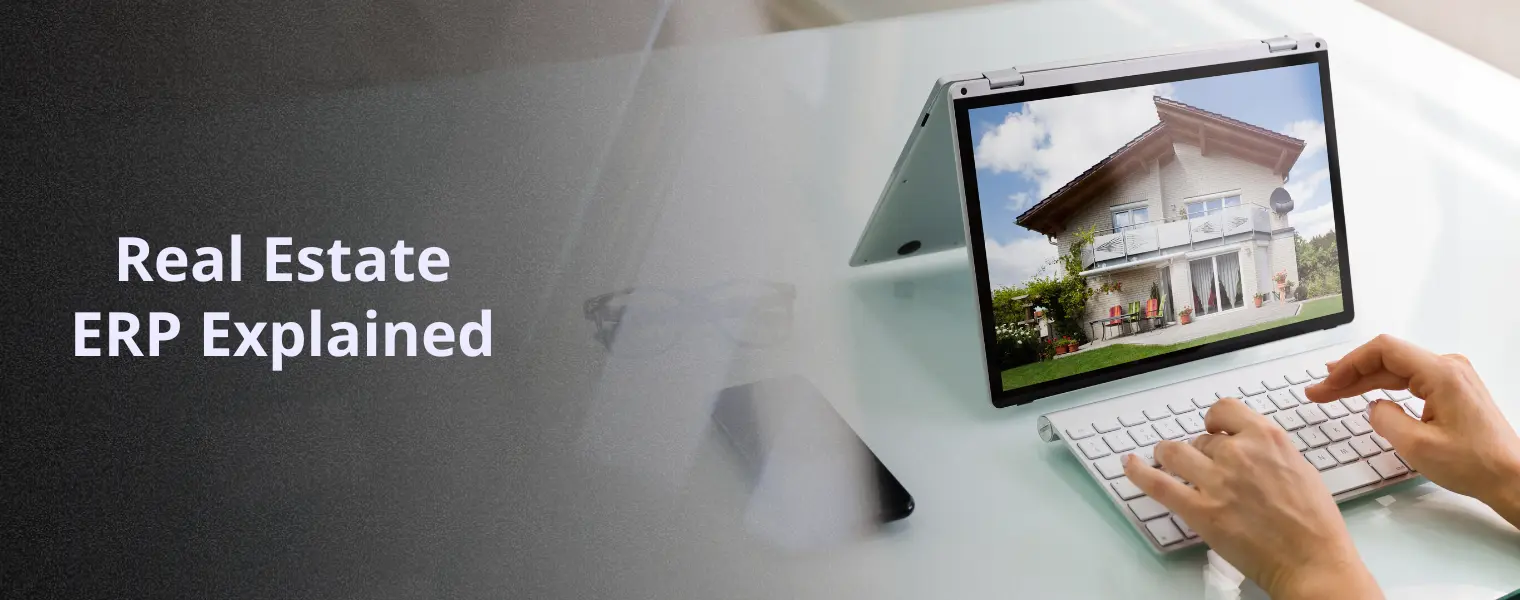
In the dynamic and ever-changing world of real estate, effective and professional property management is a cornerstone of success. As the industry continues to evolve, technology evolves with it. Real Estate ERP (Enterprise Resource Planning) software has emerged as a potent solution for optimizing property management processes, allowing real estate professionals to work more efficiently and effectively. In this article, we will delve into the concept of Real Estate ERP, its operational principles, and the advantages it delivers to property owners, managers, and real estate practitioners.
Real Estate ERP, which stands for Enterprise Resource Planning in the context of real estate, is a tailored software solution crafted to cater to the distinctive requirements of property management and real estate experts. This comprehensive platform acts as a centralized hub, uniting a wide spectrum of property management functions, spanning from financial management and leasing to maintenance and tenant communication.How Does Real Estate ERP Work?
Real Estate ERP systems are built to unify all property-related data and operations into a single, cohesive platform. Here's how it works:
Real Estate ERP systems seamlessly merge information from diverse sources, such as financial records, lease agreements, maintenance requests, and beyond. This amalgamation simplifies data management and guarantees precision.
ERP systems handle financial transactions, encompassing rent collection, expense tracking, and budgeting. This streamlines financial processes, eliminating the need for multiple tools and reducing manual data entry.
The software automates lease management tasks, from creation and renewals to tracking rental income and late fee calculations. This ensures efficient and precise lease management.
Real Estate ERP often features online portals for tenants and property owners, enabling account access, payments, and maintenance requests. This enhances the tenant experience and simplifies owner communications.
Property managers use ERP systems to streamline maintenance requests and work orders. These systems assign tasks, track progress, and schedule routine maintenance, enhancing the overall maintenance process.
Real Estate ERP systems generate comprehensive reports and offer analytics on various property management aspects, including financial performance, occupancy rates, and maintenance trends. This data-driven approach facilitates informed decision-making.
Implementing a Real Estate ERP system offers numerous advantages:
Streamlining property management operations, reducing manual tasks, and automating processes results in greater overall efficiency.
The integration of data sources ensures that information is accurate and up-to-date, reducing errors and improving data quality.
By reducing the need for multiple software solutions and minimizing manual work, ERP systems can save both time and money.
Tenant portals and streamlined communication processes enhance the tenant experience, promoting tenant satisfaction and retention.
Access to data-driven insights and analytics empowers property managers and owners to make informed decisions.
Real Estate ERP systems can grow with your property portfolio, accommodating the needs of small property owners to large real estate companies.
Real Estate ERP is a game-changer for the property management industry. By centralizing data and automating processes, it simplifies property management, enhances efficiency, and provides valuable insights. For property owners, managers, and real estate professionals, implementing a Real Estate ERP system is a strategic move that can lead to better management, cost savings, and improved tenant relationships, ultimately contributing to long-term success in the competitive real estate market.
DoFort Provides the best Real Estate Software. to this industry and to know more or to schedule a demo Contact usWelcome to DoFort !